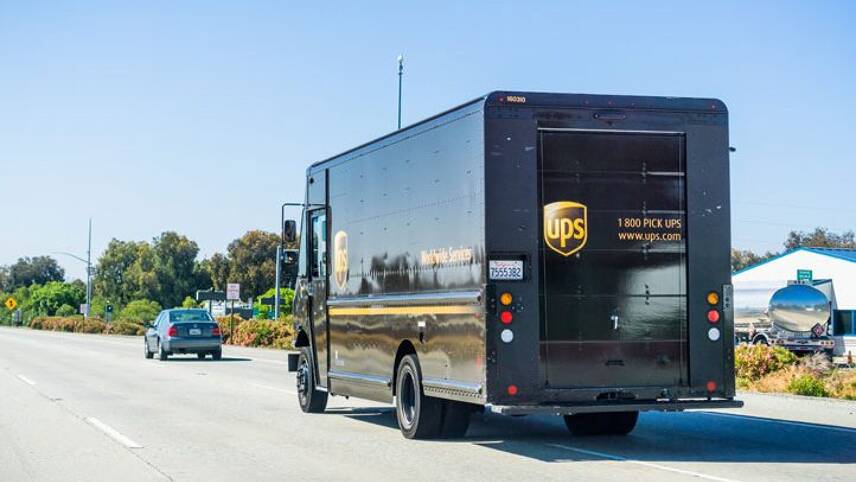Register for free and continue reading
Join our growing army of changemakers and get unlimited access to our premium content

UPS is also aiming to introduce measures to improve employee experience and engagement
The new ESG strategy features a commitment to becoming a carbon-neutral business across Scope 1 (direct), 2 (power-related) and 3 (indirect) emissions by 2050.
UPS has also introduced interim targets for 2035 to help achieve carbon neutrality. The company will aim to reduce carbon emissions per package delivered from its global small package operations by 50% against a 2020 baseline.
Additionally, the company will aim to be fully powered by renewable electricity and ensure that 30% of the fuel used in its global air fleet comes from sustainable sources by 2035.
“We are creating a new UPS, rooted in the values of the company. Our strategic priorities are evolving to reflect the changing needs of our customers and our business, and what matters most to our stakeholders,” UPS’s chief executive Carol Tome said.
UPS is also aiming to introduce measures to improve employee experience and engagement. The company has established a 2023 “likelihood to recommend” target of 80% or higher.
On the aviation fuels front, UPS recently unveiled plans to purchase electric aircraft models to assist with time-sensitive deliveries while limiting emissions associated with transportation.
UPS and its Flight Forward subsidiary have confirmed plans to purchase electric Vertical Takeoff and Landing (eVTOL) aircraft from Beta Technologies (BETA). The aircraft can charge in up to an hour and produce zero operational emissions provided they are charged using renewable electricity.
Currently, UPS operates more than 12,000 alternative fuel vehicles. Last year, UPS announced an investment into Arrival, which will see the delivery firm purchase 10,000 electric vehicles (EVs) to be built for UPS globally. UPS will collaborate with Arrival on new EV systems designed to increase safety and explore automated driving.
UPS’s new commitments arrived in the same week that both Royal Mail and DPD introduce new EVs into their fleets.
Royal Mail has announced plans to add an additional 3,000 low-emission delivery vans to its fleet. Royal Mail currently operates some 300 EVs, so the vision marks a ten-fold increase in the size of its electric fleet. The new vehicles – the first of which will enter operation this summer – will be added to existing delivery routes and depots will receive models with load capacities ranging from 3.7m3 to 6.3m3 depending on their needs.
DPD confirmed this week that it has ordered a total of 750 electric vans from supplier Maxus, putting it on track to have more than 1,700 EVs on UK roads by the end of 2021. Maxus was formerly known as Leyland Def Vans (LDV).
Matt Mace


Please login or Register to leave a comment.